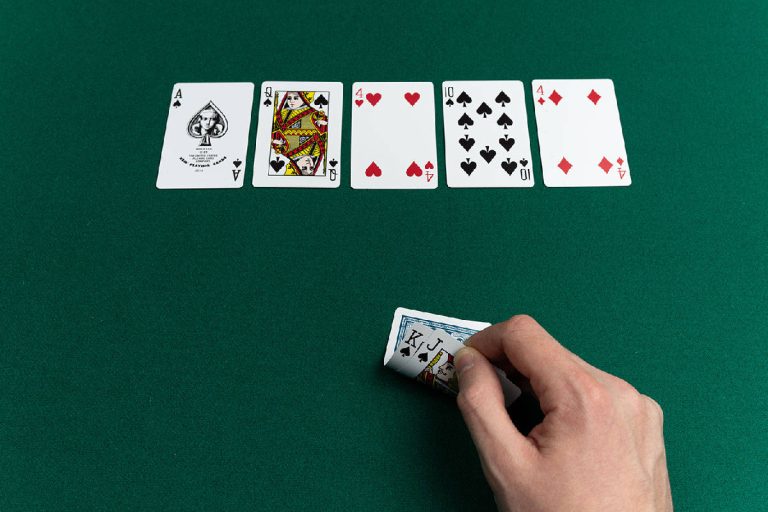What are progressive jackpot slots? These are slot machines where the jackpot is formed from players’ bets and increases with each spin. The prize pool grows until someone hits the winning combination. Each spin adds a fixed percentage of the bet to the pool, for example, 1%, and this portion goes not to regular payouts but to the overall cumulative fund. In local slots, the pool is formed within one casino. In networked slots, it connects players from dozens of platforms at once. A bright example is Mega Moolah from the provider Microgaming, where jackpots reach tens of millions of euros.
What are progressive jackpot slots: how the mechanism works
In terms of mechanics, progressive jackpot slots are a chain where each bet affects the final reward. With each slot machine launch, a portion of the bet is allocated to the jackpot fund. Whenever a player spins, the system updates the state of the overall pool. Most of these games include an indicator showing the current amount, sometimes exceeding tens of millions. The main technical nuance is the mandatory presence of network synchronization in slots from NetEnt, Playtech, and IGT, where the jackpot is formed on servers independently of a specific casino. Winning conditions often involve maximum bets and the occurrence of a rare combination.
Examples of popular jackpot slots
In practice, progressive jackpot slots are not just one genre but a whole range of titles, each offering its own mechanics and strategy. Classic representatives:
-
Mega Moolah — a record-holder for winnings, with jackpots starting from €1 million.
-
Hall of Gods — from NetEnt, with three jackpot levels and a theme of Scandinavian gods.
-
Age of the Gods — a series from Playtech with four independent progressive funds.
-
Wheel of Wishes — with the largest starting jackpot at $2 million.
-
Divine Fortune — a local progressive slot, aimed at a medium bankroll and moderate volatility.
Each game differs not only in the size of payouts but also in volatility, RTP, and chances of activating bonus features.
Jackpot and volatility: a delicate balance
The average RTP of such slots is often lower than that of classic slots, around 88–95%. Increased volatility makes these games less predictable, but this is where their appeal lies for players aiming for a big win. The higher the jackpot, the lower the frequency of intermediate payouts. For example, in Mega Moolah, the RTP is only 88.12%, but the potential win is in the multimillion range.
Choosing a strategy for jackpot slots
Bets should be placed considering the available bankroll and the specific slot characteristics. In some slots, the jackpot is only available with the maximum bet, while in others, you can hit the jackpot even with the minimum bet. However, the probability in the first case is higher. Given the unstable RTP, a smart strategy requires the following actions:
-
Choose a slot with suitable volatility.
-
Check the jackpot activation conditions.
-
Pre-set a budget and stick to it.
-
Monitor the jackpot size: the higher it is relative to the average amount, the higher the chance of activation (statistically).
-
Use bonus spins only after checking the conditions — in some slots, the jackpot is not available during bonus play.
This algorithm helps minimize losses and increase the efficiency of bets.
Choosing a casino with jackpot slots
When choosing a platform, it is important to check the license (e.g., MGA, UKGC, Curacao), the presence of games from well-known providers (e.g., Microgaming, NetEnt, Playtech), and the withdrawal conditions. Verified casinos with jackpot slots publish information about major prizes in real-time, withdrawal restrictions, and histories of large wins. Reliable examples include Bitstarz, LeoVegas, PlayAmo, Casino-X, where huge prizes starting from $1 million are regularly paid out.
Progressive slot and bonus game
What are progressive jackpot slots and how do bonuses work in them? This is a question that cannot be ignored. In many slots, the jackpot is activated through an additional game: a wheel of fortune, mini-lottery, or random selection of chests. These mechanics are triggered randomly or after meeting certain conditions. Some platforms restrict the possibility of winning the jackpot when using bonus funds, including free spins or an active wager. For example, in Jackpot City, progressive winnings are only available in real-money mode. Understanding the rules for jackpot activation is as important as the investment itself.
Bankroll and risk management
The unstable payout structure, high minimum bet threshold, and rare wins require strict fund allocation. Professional players limit their bankroll to 5–10% of the total gaming amount per session and allocate a maximum of 30–50 spins for each slot. Expenditure over the long term should be predictable. Without strict control, it’s easy to deplete your deposit in pursuit of an unlikely goal.
Thrill and perception features: what are progressive jackpot slots
In the context of player behavior, progressive jackpot slots are games that enhance the illusion of an inevitable win. A large number on the indicator encourages continued play. Psychologically, progressive slots push for overspending the bankroll due to the effect of missed opportunity and false proximity to the goal. That’s why most platforms for high-jackpot slots have pop-ups reminding of restrictions, and the jackpots are updated in real-time to enhance engagement. However, this format requires high discipline.
Conclusion
Progressive jackpot slots are not just machines with big payouts but a system with unique mathematics, rules, and psychology. Choosing the right title, understanding the mechanics, and having a clear financial strategy can turn risky gaming into a conscious process. Progressive slots attract with high stakes on luck, but it’s not just about luck; calculation plays a significant role.



